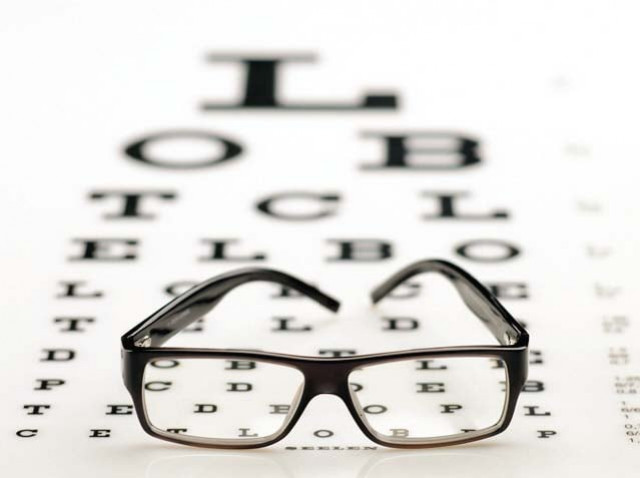Falls, eye tests may detect early Alzheimer’s
People at risk for Alzheimer’s are twice as likely to fall down as healthy people.

Falls, eye tests may detect early Alzheimer’s
People at risk for Alzheimer’s are twice as likely to fall down as healthy people, and the disease may also be visible in scans of the eye, researchers claim.
The studies, presented at the Alzheimer’s Association International Conference in Paris, are part of a widespread search for ways to detect Alzheimer’s before memory problems begin, when drugs and treatments have a better chance of a difference.
“I don’t think we can wait until people develop Alzheimer’s disease or mild Alzheimer’s. I think we need to act before that,” said Dr William Klunk of the Alzheimer Disease Research Center at the University of Pittsburgh Medical Center.
Susan Stark of Washington University in St Louis, looked to see whether frequent falls may be an early warning sign of Alzheimer’s disease. The researchers found that people whose brain scans detected pre-symptomatic Alzheimer’s disease were twice as likely to fall as those who had normal scans.
“This is really the first study that tests for falls in the preclinical phases of Alzheimer’s disease,” Stark said. “It suggests that higher rates of falls can occur very early in the disease process.”
Eye test for Alzheimer’s
In a separate study, Shaun Frost, a researcher, looked to see whether changes in the retina at the back of the eye - which is closely related to the brain – could be used to detect early Alzheimer’s disease.
Frost’s team found the width of certain blood vessels was significantly different in people with early signs of Alzheimer’s disease compared with healthy people.
People in the small study who had abnormal blood vessels in their eye also had plaque deposits of an Alzheimer’s-related protein known as beta amyloid on positron emission tomography, or PET brain scans. “These findings are indicating a relationship between changes in the retina and the plaque burden in the brain,” Frost said.
He said the study suggested it might be possible to use retina tests along with other biomarker tests to detect Alzheimer’s early.
Published in The Express Tribune, July 19th, 2011.


















COMMENTS
Comments are moderated and generally will be posted if they are on-topic and not abusive.
For more information, please see our Comments FAQ